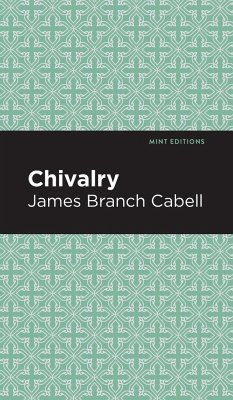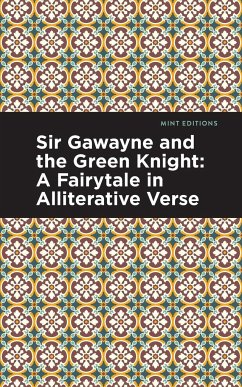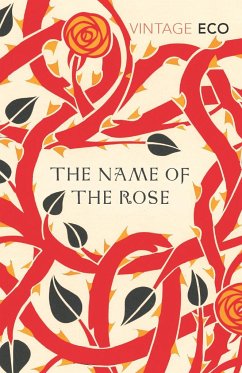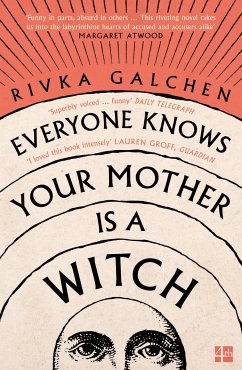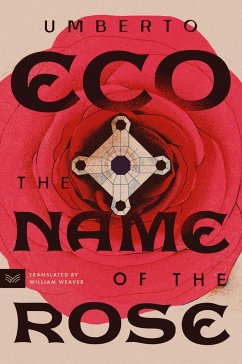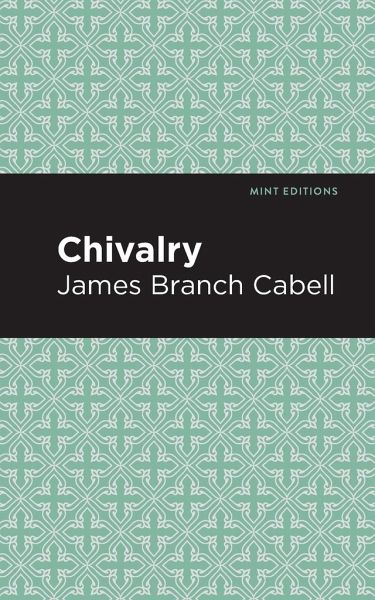
Chivalry

PAYBACK Punkte
5 °P sammeln!
Chivalry (1909) is a fascinating collection of tales that draw inspiration from the popular chronicles of medieval Europe. Author James Branch Cabell immerses his reader into this distant world , masking his authorship in order to ensure a fluidity of form and content that injects his work of high fantasy with a sense of truth. Intentionally layered in mystery and claims of authenticity, Chivalry purports to be a copy made by royal scribe Colard Mansion of the Dizain of Queens, a collection of chronicles, tales, and histories written by Messire Nicolas de Caen for the Princess Isabella of Port...
Chivalry (1909) is a fascinating collection of tales that draw inspiration from the popular chronicles of medieval Europe. Author James Branch Cabell immerses his reader into this distant world , masking his authorship in order to ensure a fluidity of form and content that injects his work of high fantasy with a sense of truth. Intentionally layered in mystery and claims of authenticity, Chivalry purports to be a copy made by royal scribe Colard Mansion of the Dizain of Queens, a collection of chronicles, tales, and histories written by Messire Nicolas de Caen for the Princess Isabella of Portugal. In "The Story of the Sestina," a traveling singer has a chance encounter with the Queen of England, who recognizes him as the esteemed Osmund Heleigh and requests of him a song. As he joins her on her journey through war-torn countryside, two things become clear-the pair have a secret history, and, as battle nears, Osmund will soon have to offer more than his songs in her service. As the collection's title suggests, many of Cabell's stories follow a similar theme: the relationship between men and women within a system regulated by honor, responsibility, and often blind loyalty. "The Story of the Tenson," set in Spain in 1265, follows Ellinor of Castile's efforts to escape her marriage in the pursuit of love. In "The Story of the Choices," Queen Ysabeau of England eases her boredom by devising a series of trials for the knight Sir Gregory Darrell. Over the course of ten tales, tales of danger, romance, intrigue, and courage, James Branch Cabell's Chivalry broadens the mystery of the medieval world while illuminating, and critiquing, our own. Cabell's work has long been described as escapist, his novels and stories derided as fantastic and obsessive recreations of a world lost long ago. To read Chivalry, however, is to understand that the issues therein-the struggle for power, the unspoken distance between men and women-were vastly important not only at the time of its publication, but in our own, divisive world. This edition of James Branch Cabell's Chivalry is a classic of fantasy and romance reimagined for modern readers. Since our inception in 2020, Mint Editions has kept sustainability and innovation at the forefront of our mission. Each and every Mint Edition title gets a fresh, professionally typeset manuscript and a dazzling new cover, all while maintaining the integrity of the original book. With thousands of titles in our collection, we aim to spotlight diverse public domain works to help them find modern audiences. Mint Editions celebrates a breadth of literary works, curated from both canonical and overlooked classics from writers around the globe.




